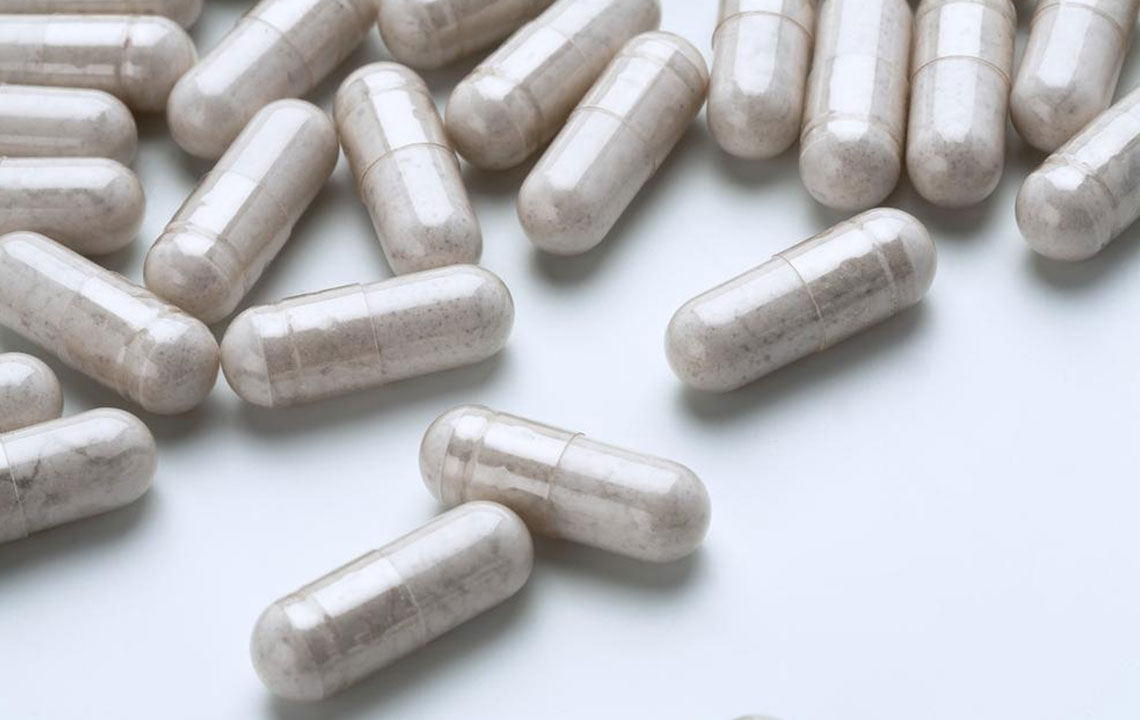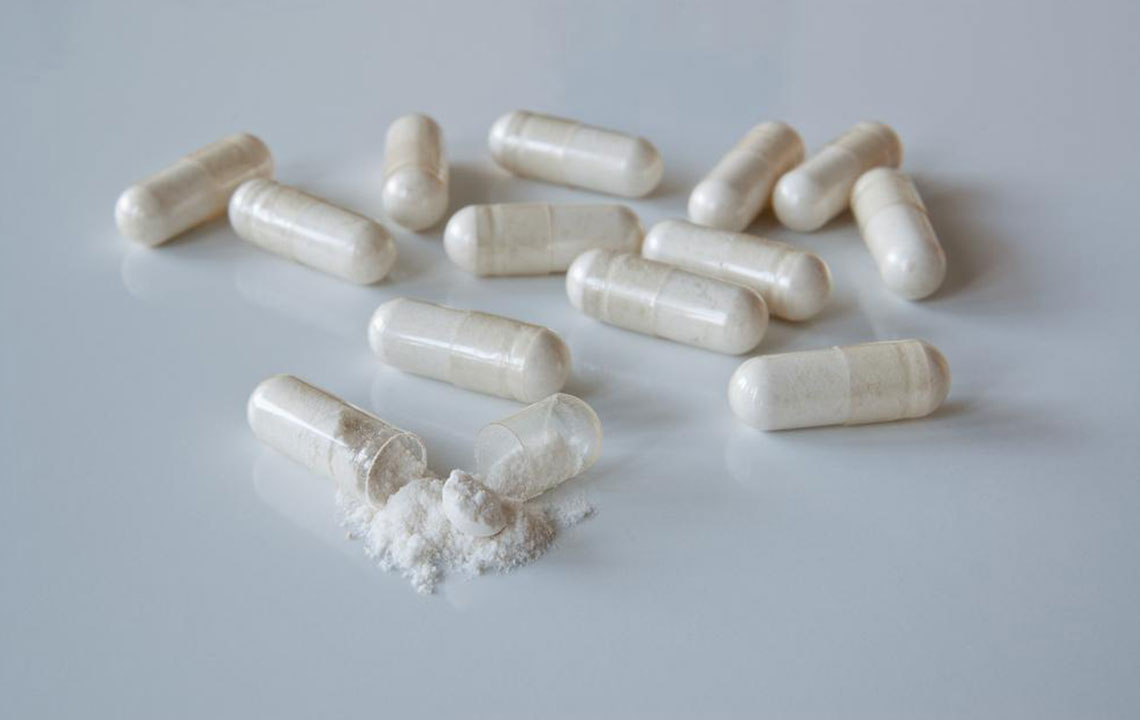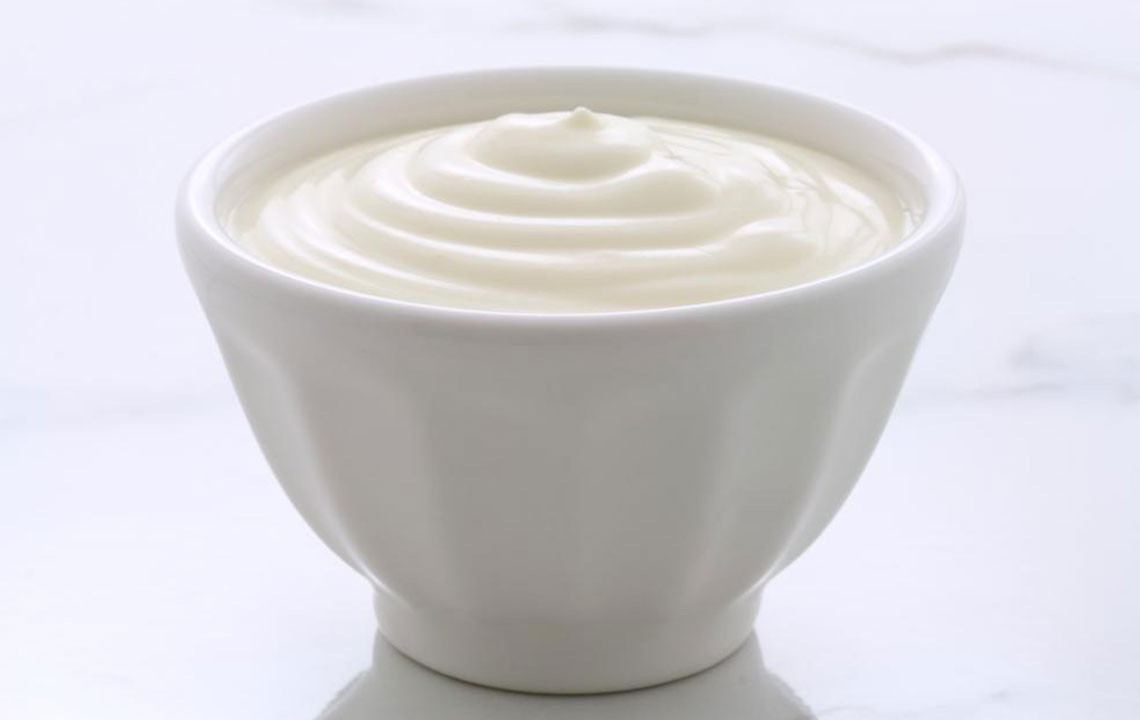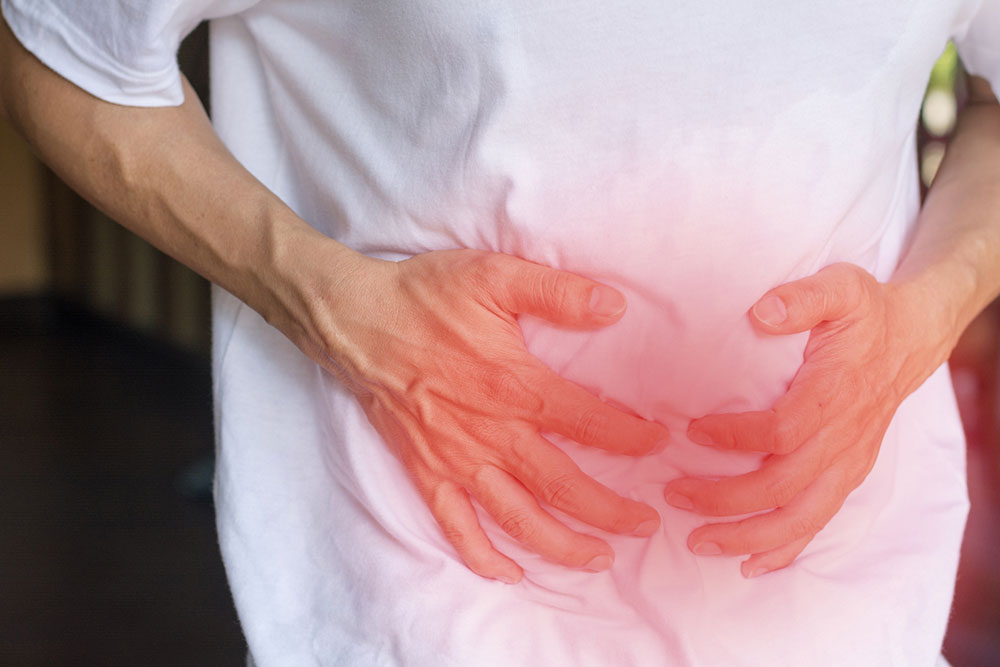Probiotics and IBS, Why Probiotics Are Saviors
Irritable bowel syndrome (IBS) is a condition where your digestive system stops functioning normally. It is a functional disorder and is not caused by any pathogen. It is also not clear as to why this occurs. That said, it is possible to control this syndrome with a healthy meal plan that includes probiotic-rich foods, such as kefir, yogurt, and aged cheese. Eating these foods daily can help one reduce symptoms of IBS.

Probiotics and IBS: What do probiotics do?
The study of irritable bowel syndrome (IBS) brings many factors into the picture such as a change in the gut motion; bacterial growth in the stomach, colon, and small intestine; and tiny inflammations. This pattern invites probiotic therapy in IBS. Probiotics are primarily living microorganisms which, when consumed in the appropriate quantity, restore and maintain your good health.
Normal timely contractions help push out intestinal waste from the stomach to the exterior surface. In IBS, however, this process becomes abnormal. This is where probiotics come in play on the intestinal mucosa and attack the infectious bacteria in the epithelium and encourage inward immunity. Probiotics work by producing small fatty acids which combat the bad and harmful bacteria. Probiotics have organisms that enliven and regenerate infected epithelial cells and improve regular bowel activity.
There are various kinds of probiotics prevalent for various ailments and are known as strains, with each strain behaving differently. OptiBac Probiotics is one of the popular brands that specialize in making probiotics that address several issues. It has a range of probiotics which provide relief in some particular IBS symptoms. Supplementing with a high quality probiotic may help reduce IBS.
How do probiotics help ease the symptoms of IBS
- Probiotic bacteria encourage good bacteria in the gut lining, thereby reducing bad bacteria and gas.
- Productive micro flora breaks down foods which aggravate IBS.
- Healthy flora influences the gut’s nervous system (called enteric nervous system) and reduces the stress on it, which helps to reduce the symptoms of IBS.
Probiotics for particular IBS conditions
Probiotics for IBS-D
The D in IBS-D stands for diarrhea, where the patient suffers from chronic or frequent bouts of diarrhea. The most suitable probiotic in this condition is Saccharomyces boulardii. It contains the only friendly yeast in the count of 5 billion living microorganisms in 1 capsule. It is a moving probiotic which does not stay in the gut for long. S. boulardii should be combined with a probiotic that lives in your gut for a long time to optimize the overall gut health.
Probiotics for IBS-C
C here stands for constipation, which is another common symptom of IBS. In such cases, you can opt for Bifidobacteria & fiber to promote normal bowels and gut health. It comprises a particular strain of probiotic bacteria called Bifidobacterium lactis BB-12 and Fructooligosaccharides. This probiotic has undergone many trials, and it is certain that you can get relief from IBS symptoms with this probiotic. It is high in fiber and promotes regular bowel movement and also ensures that your gut remains healthy.
Probiotics for bloating
Bloating is a common issue with IBS and can aggravate with certain foods. OptiBac Probiotic suggests a seven-day course of probiotics for this issue. This probiotic comes in sachets and comprises of Lactococcus lactis Rosell, which produces two enzymes to aid the digestion of gaseous foods. They are alpha-glucosidase (to digest starchy foods like pasta, bread, etc.) and beta-galactosidase (to digest lactose foods like ice-cream, milk, etc.). Some additional ingredients like L. acidophilus Rosell-52 help in relieving the stress caused by IBS.
Other IBS probiotics
Many people with IBS find that they have alternating constipation and diarrhea, called IBS-M for a mixed type of IBS symptoms. You can try Bifidobacteria & fiber for regulating bowels and Saccharomyces boulardii for soothing the gut when required.
Lactobacillus acidophilus NCFM and Bifidobacterium lactis Bi-07 are two probiotics that reduce a bloated abdomen. It is effective in dealing with IBS by easing the motion and also relieving abdominal cramps. Two capsules of these probiotics produce great results against IBS. You can also combine this with other probiotics for benefits against all ailments.
A strain of Bifidobacterium infantis or B. infanti s is known to effectively treat IBS. It has variants as well which can be used for babies and children.
It is proven that Lactobacillus Plantarum or L. Plantarum is helpful in treating IBS. It can also regulate the cholesterol levels in your blood.
Pediococcus acidilactici and Lactobacillus plantarum combine useful bacteria to help in IBS-D and also contribute to improving your general health.
Different people have different needs when it comes to probiotics. It is important that you perform a thorough research on all the probiotics available and find the one that best suits your health and pocket. It is not advisable that you try a self-medication, so make sure that you consult with your doctor before you start a course.




